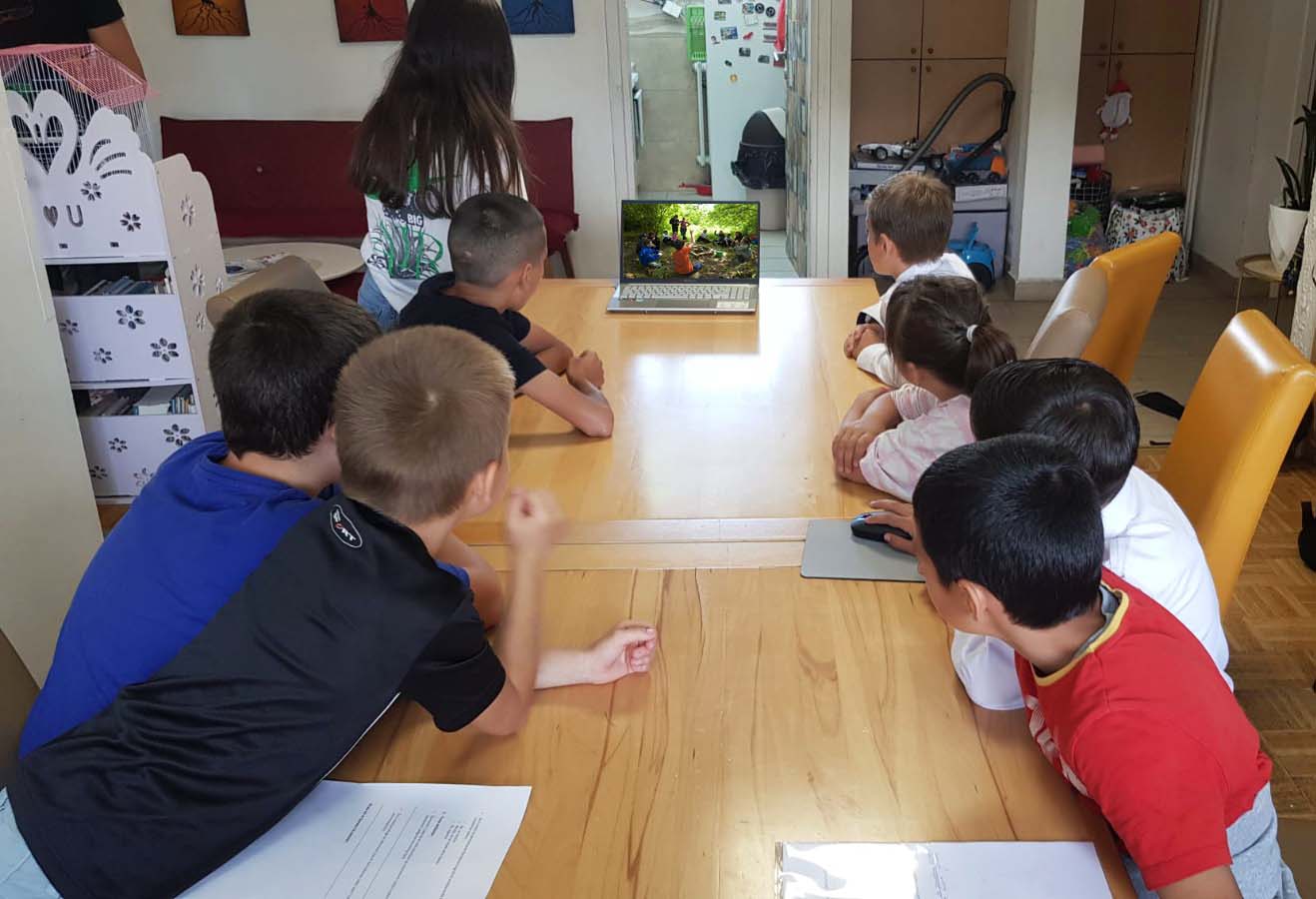For the purposes of the new project "Digital Break: Return to Nature and Healthy Development," the "Second" Foundation conducted a survey among children and youth in the Public Institution "Home for Children Without Parental Care Sarajevo" and found that most of them spend more than four hours a day in front of screens (tablet, computer, phone, TV), and feel anxious when their phone or computer is unavailable for a long period.

However, encouragingly, almost all expressed a desire to spend more time in nature, to walk in the forest, and to play without the use of technology. The boys are enthusiastic about the idea of making bows and arrows or boats from what they find in nature and floating them down the stream, while the girls are excited to pick flowers, make wreaths, and create art installations on the ground.
Therefore, the goal of this project is to increase the quality of free time spent in a natural environment without the use of digital devices, raise awareness about the consequences and dangers of virtual addiction, and increase the sensitivity of citizens to the needs and challenges of children without parental care.
"This project is essential as it addresses the critical needs of children and youth who are a particularly vulnerable group. Children without parental care already face numerous challenges, and excessive use of digital technology can further exacerbate their mental and physical health. By engaging in outdoor activities and educational workshops, these children can develop healthy habits, reduce screen time, and improve their social skills," explained the director of the "Second" Foundation, Belma Mujezinović.
In Bosnia and Herzegovina, according to research by the organization "Save the Children," children and youth spend two-thirds of their time online. Nine out of ten children have a profile on a social network, and 93% of children aged 7 to 18 use a smartphone to access the internet. These data indicate a high level of digital connectivity and online presence among young people. Most children consume content via YouTube (66%), including video clips, music, and cartoons.
Such a connection with the digital world brings serious challenges and risks, especially in the context of protecting children from unhealthy and dangerous content. Legislative measures in Bosnia and Herzegovina have minimal impact on protecting children online, placing the greatest burden of responsibility on parents and guardians. However, parents/guardians often lack sufficient knowledge or resources to adequately monitor children's online activities, allowing children easy access to inappropriate content. Experts recommend the use of parental control apps, but their implementation is often limited.
Problems related to excessive internet use are not only local in nature. In the United States, excessive internet use is associated with mental health problems. Last year, a federal court in California ruled against major internet platforms like Google, Meta, YouTube, TikTok, and Snapchat, accusing them of endangering the physical, mental, and emotional health of children.
